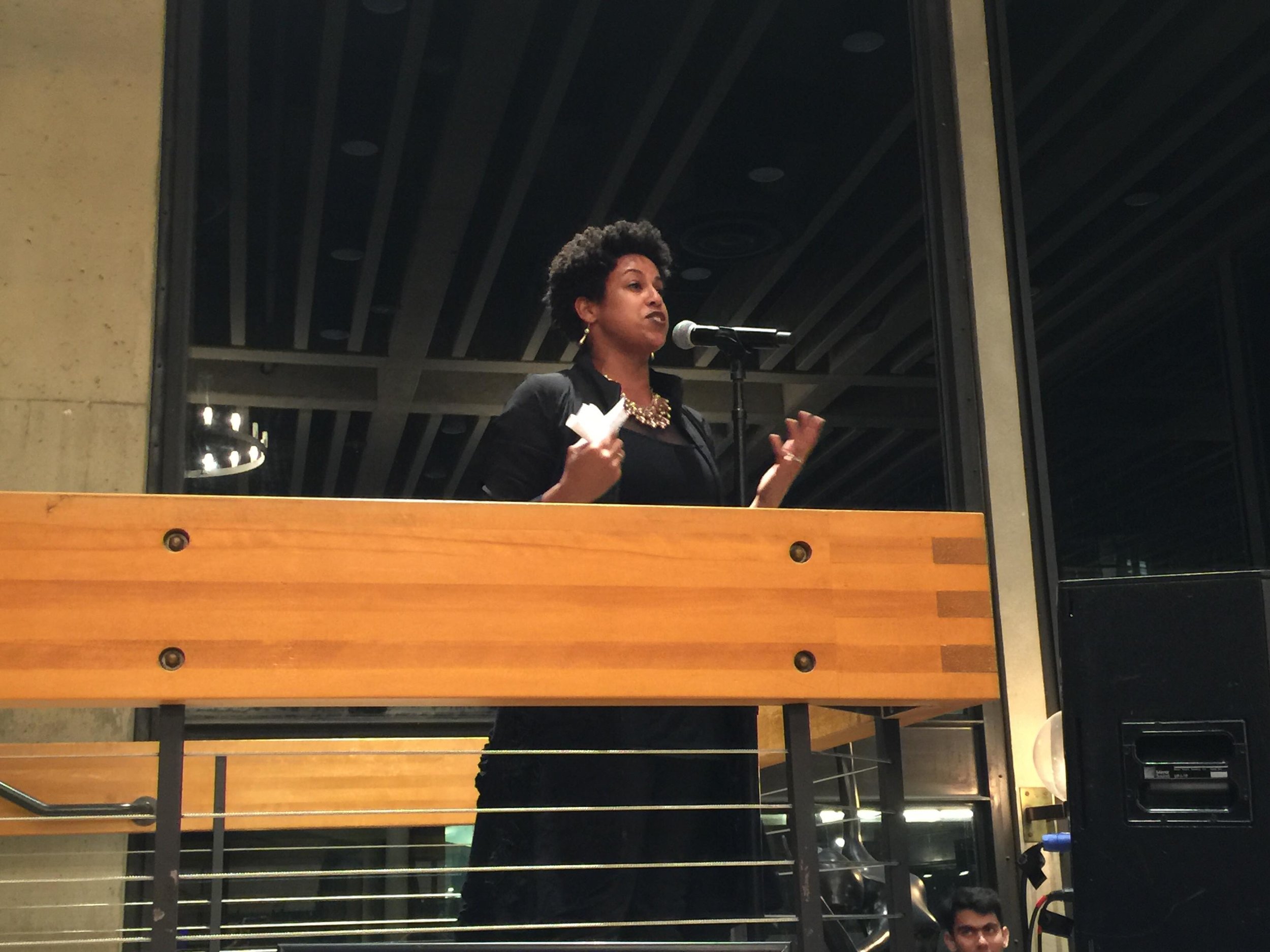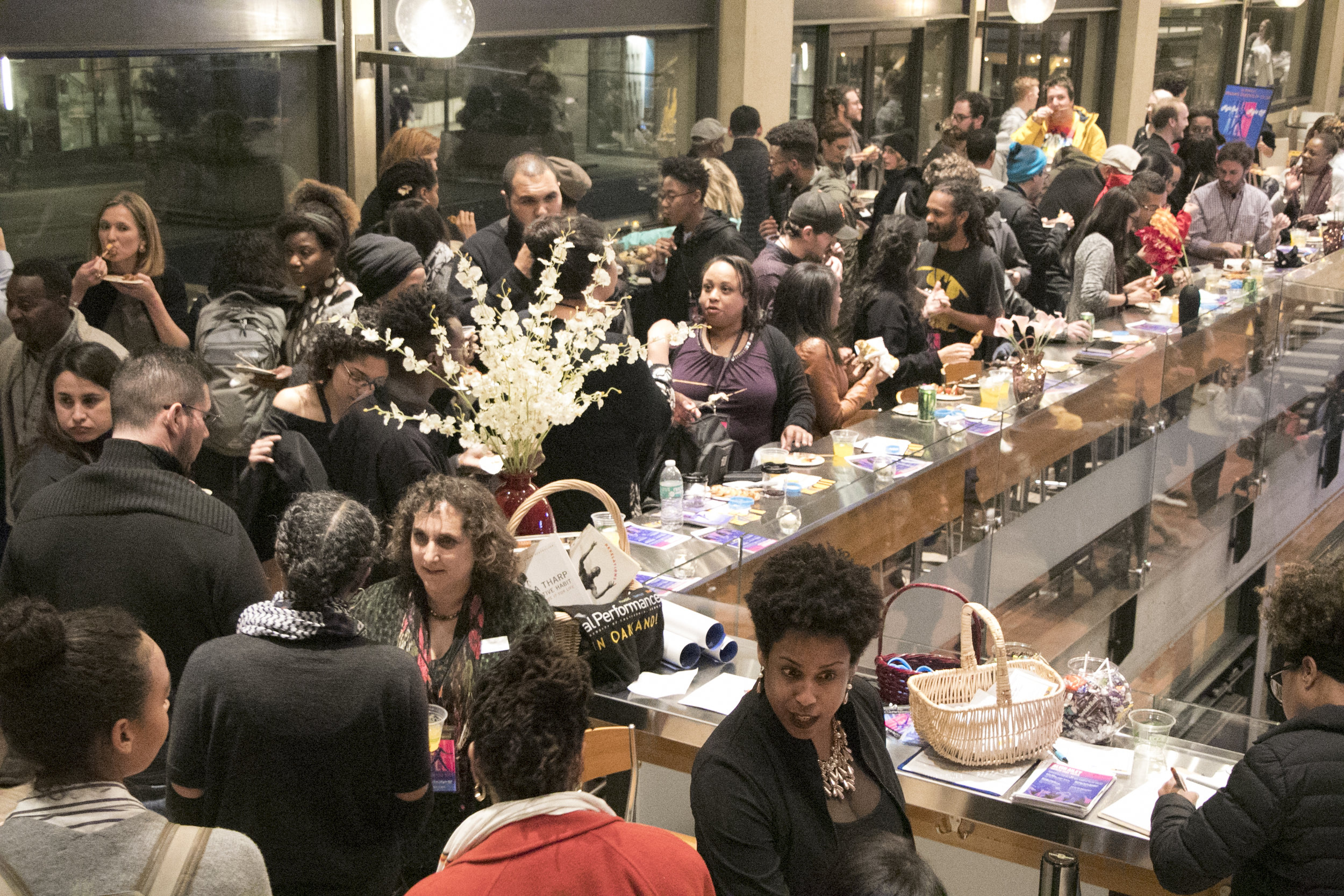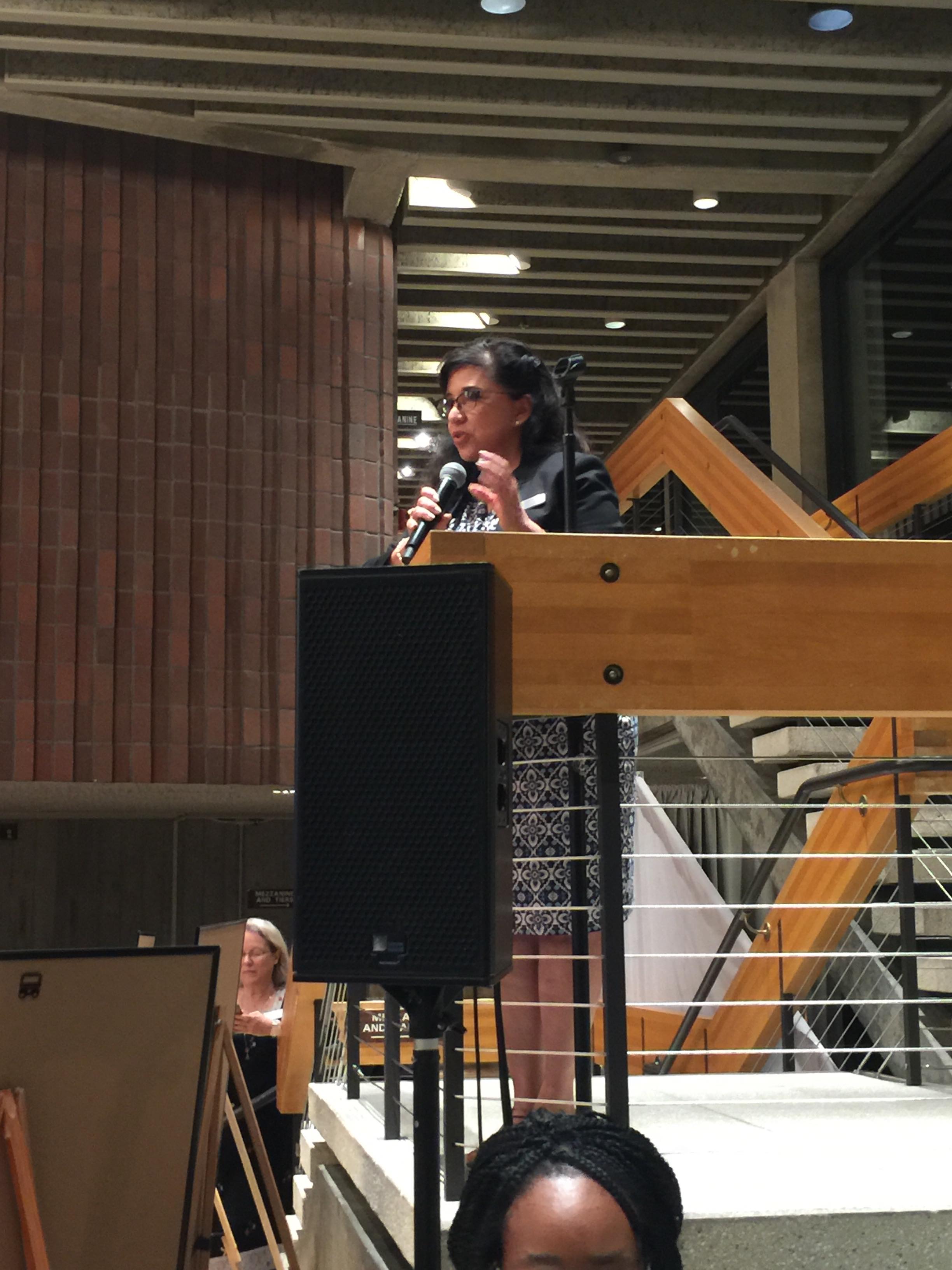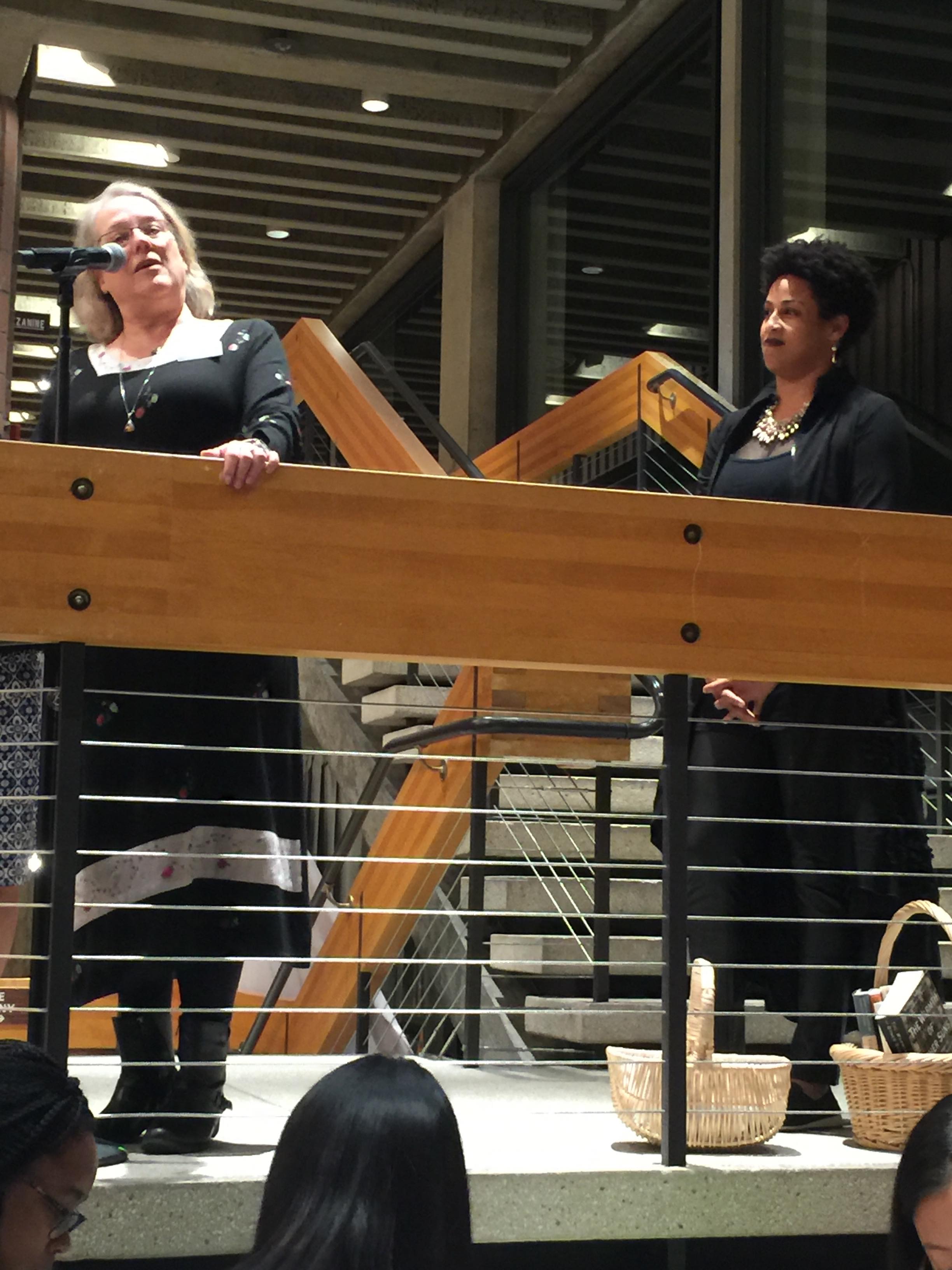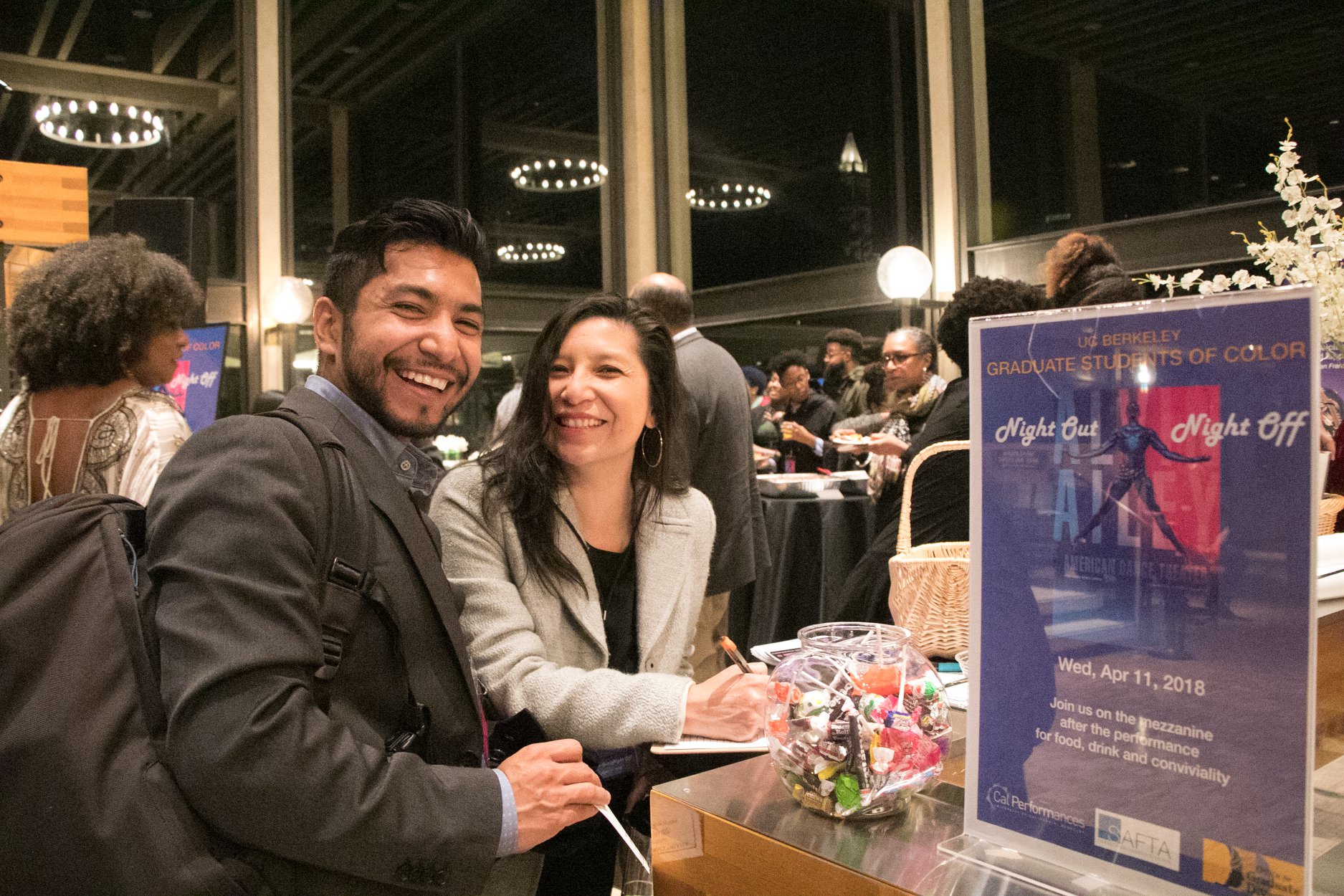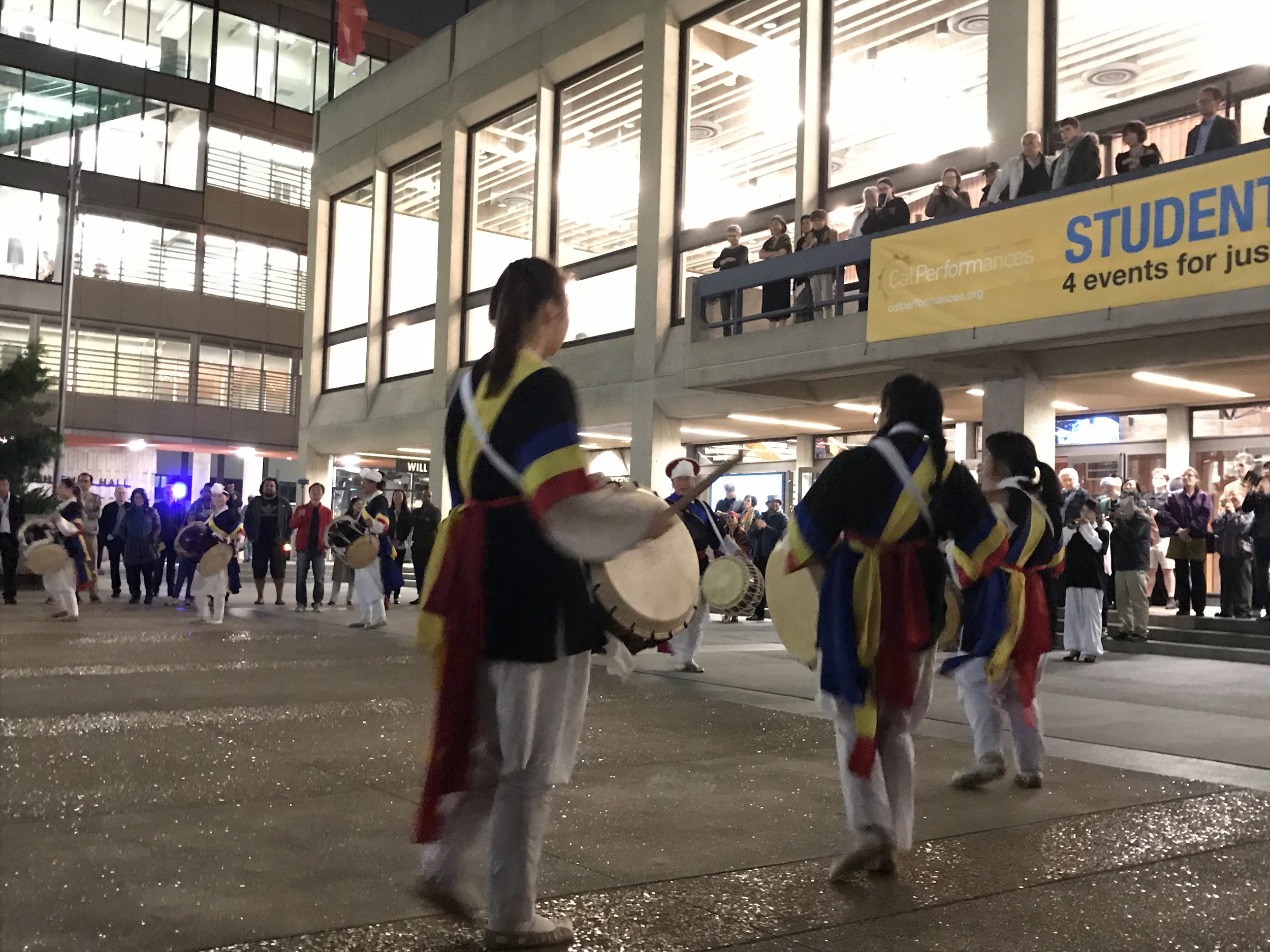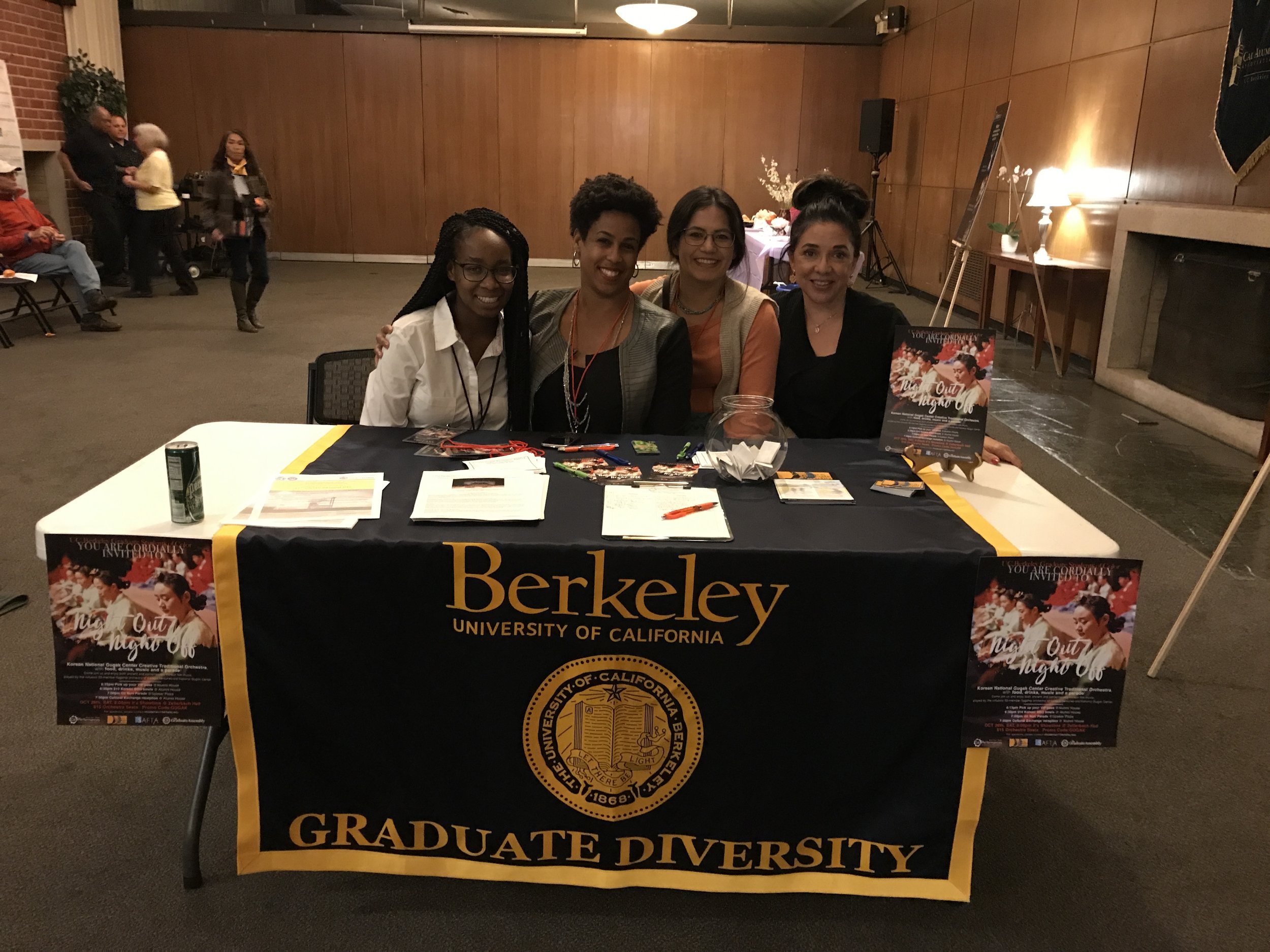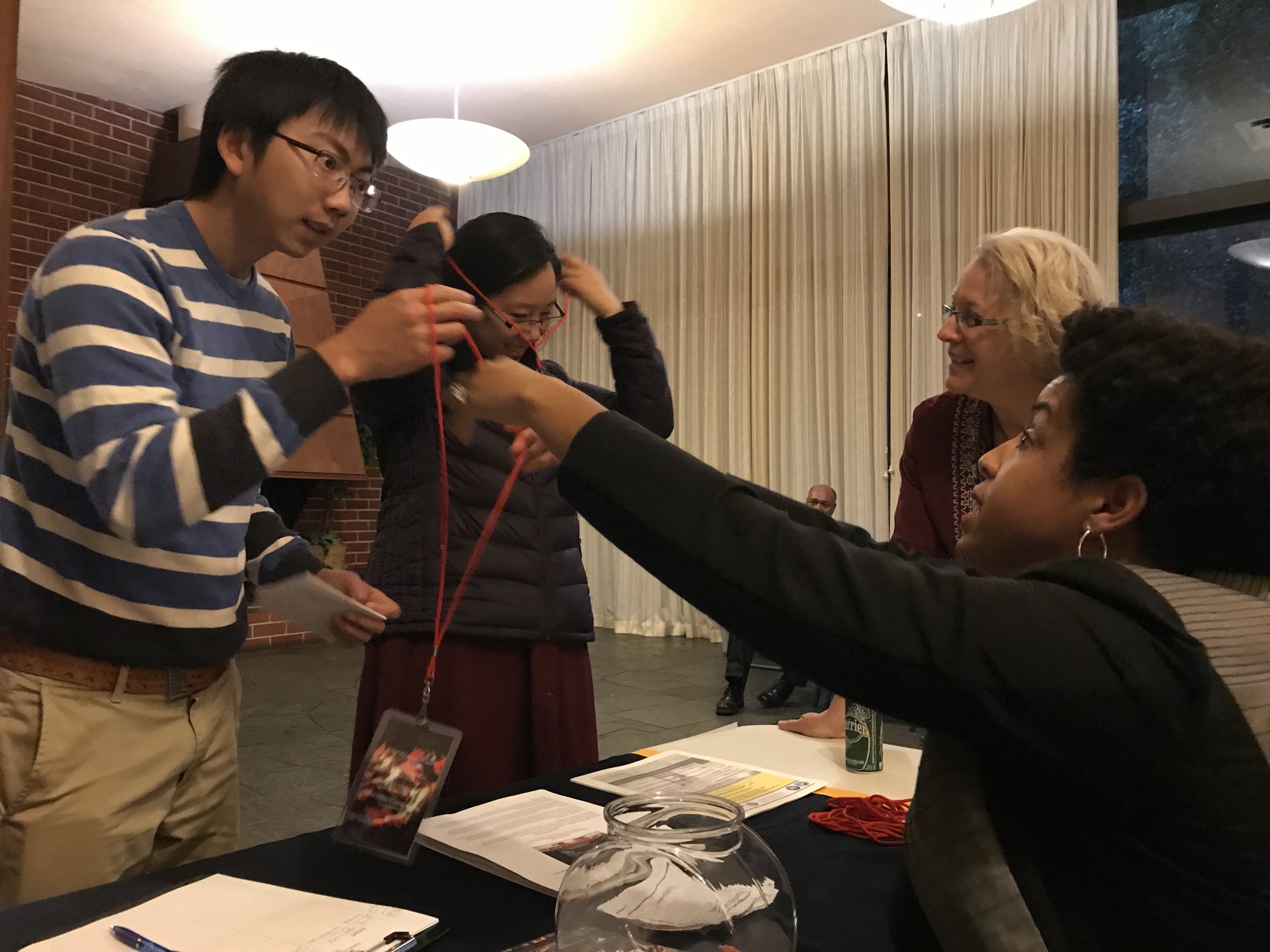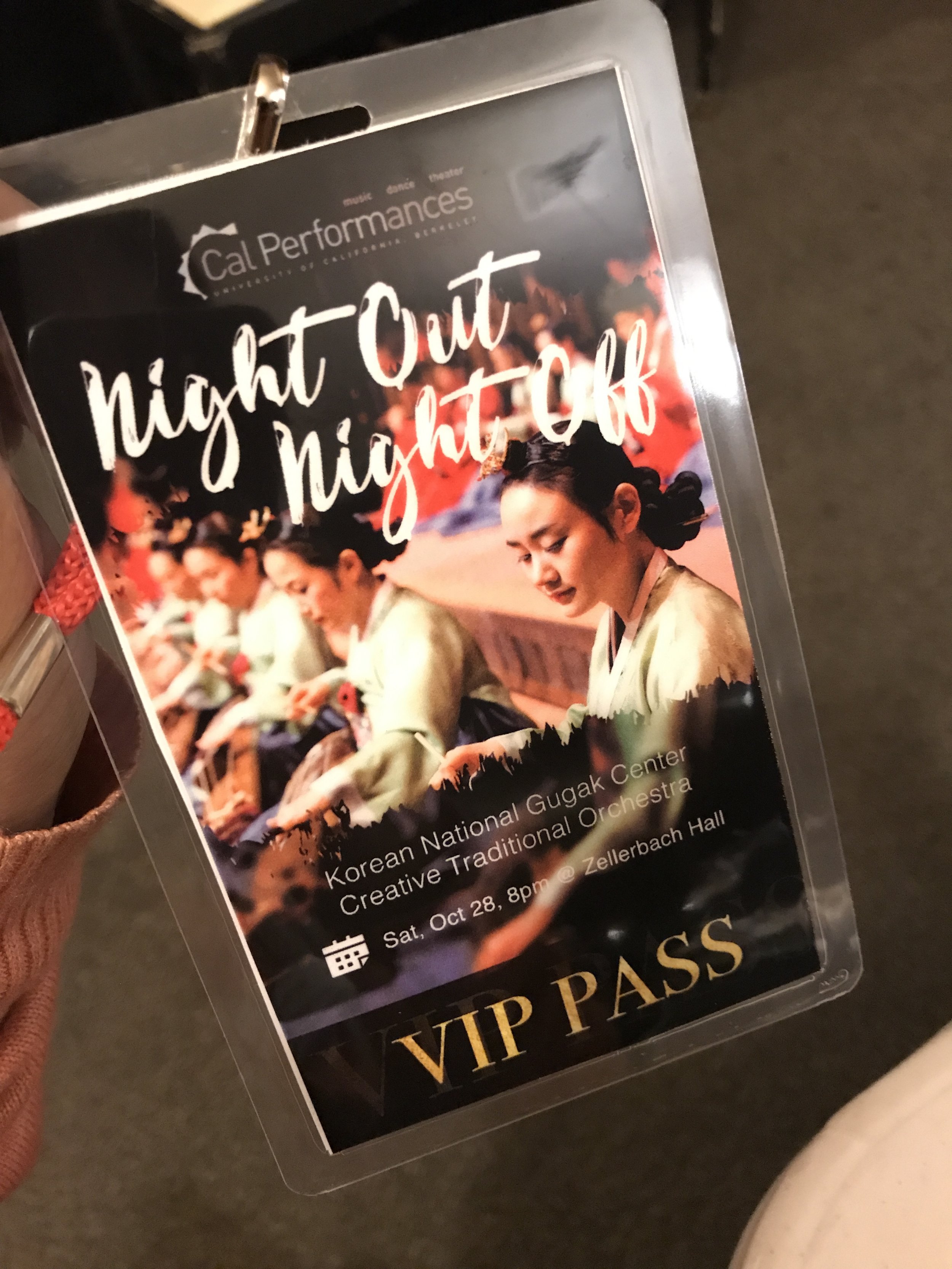Alvin Ailey American Dance Theater with Reception
Cal Performances honors a partnership that began a half-century ago, in 1968, with the first UC Berkeley performances by the Alvin Ailey American Dance Theater. Now under the direction of Robert Battle, the company continues to make work that "feeds the soul," mining the artistic legacy of its founder, and nurturing a new generation of choreographers steeped in the African-American experience. With repertoire that looks back to seminal works like Ailey's own Revelations, and new material that engages with vital social movements, the company creates dances with the power to transform. "The current Ailey dancers inhabit Revelations as if it were freshly made, and perform it with irresistible élan" (The Guardian, London).

